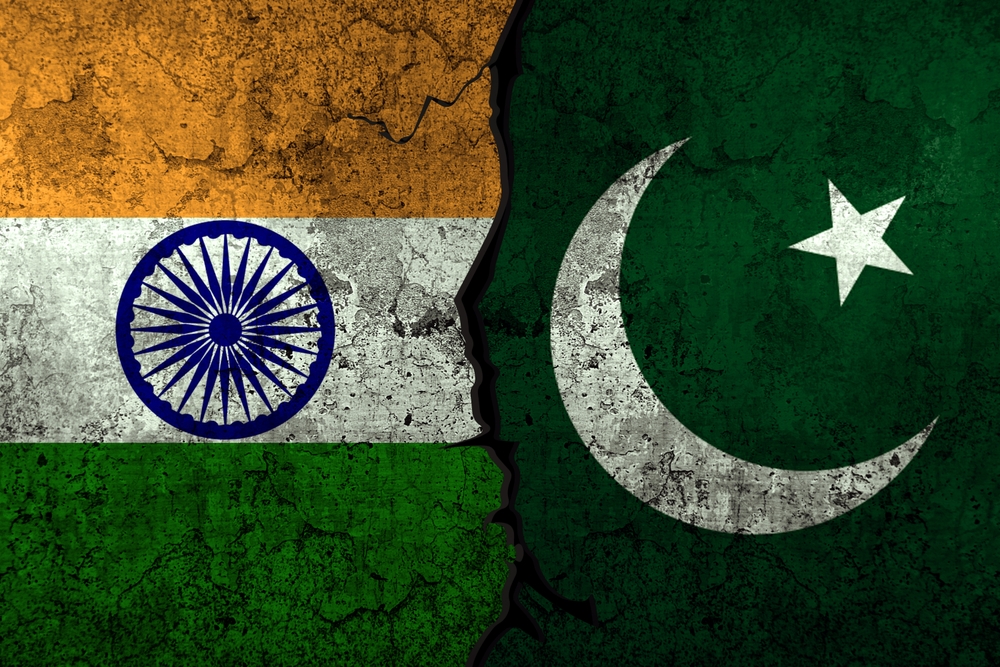On Wednesday, India and Pakistan found themselves in the midst of a severe escalation after Indian forces launched air strikes on Pakistani territories, followed by Pakistan’s claim of shooting down five Indian aircraft. The military clash, the most intense in over two decades, has sparked fears of a wider conflict in the nuclear-armed region.
Background: The Battle Over Kashmir
The latest confrontation comes amidst long-standing tensions between the two countries over the disputed Kashmir region. Both nations claim Kashmir in full, and previous wars have been fought over it. India’s strikes targeted what it described as “terrorist infrastructure” sites in Pakistan, following an attack in Indian Kashmir that killed 25 Hindu tourists and one local last month. Pakistan, however, claimed that the strikes affected civilian targets and vowed retaliation.
Pakistan’s Retaliation and India’s Message
Pakistan reported that at least 31 of its civilians were killed in the strikes, including deaths from subsequent shelling along the border. In a televised address, Pakistan’s Prime Minister, Shehbaz Sharif, vowed to retaliate for the loss of innocent lives. Despite the bloodshed, India, in a show of defiance, told foreign envoys in New Delhi that it would respond decisively if Pakistan retaliates. The conflict is particularly concerning as both countries are nuclear powers.
The Global Response
Internationally, world leaders have called for restraint. U.S. President Donald Trump expressed hope for a peaceful resolution, stating that he would do anything to help ease tensions. Similarly, the U.N. Secretary-General, China, Russia, and the UK have all urged both countries to step back from further violence. However, sentiments in both India and Pakistan remain deeply hostile, with public figures calling for military action.
The Impact on Civilian Life and Trade
The escalating conflict has had immediate consequences. At least 57 commercial flights were grounded, stranding passengers and halting air traffic between the two countries. The economic repercussions are also significant, with both nations facing losses in their respective stock markets. While Pakistan’s bonds saw a modest rise, its share index fell sharply. India’s stock market remained relatively stable, though the Indian rupee weakened significantly, falling by 0.5% against the U.S. dollar.
Looking Ahead: The Risk of Further Escalation
The risk of an extended military confrontation looms large. Experts suggest that given the scale of the recent Indian strikes, a major Pakistani response could be expected in the coming days. The ongoing shelling along the Kashmir border is already resulting in civilian casualties. The situation is far from resolved, and the global community remains on edge, hoping for a de-escalation before further lives are lost.





















